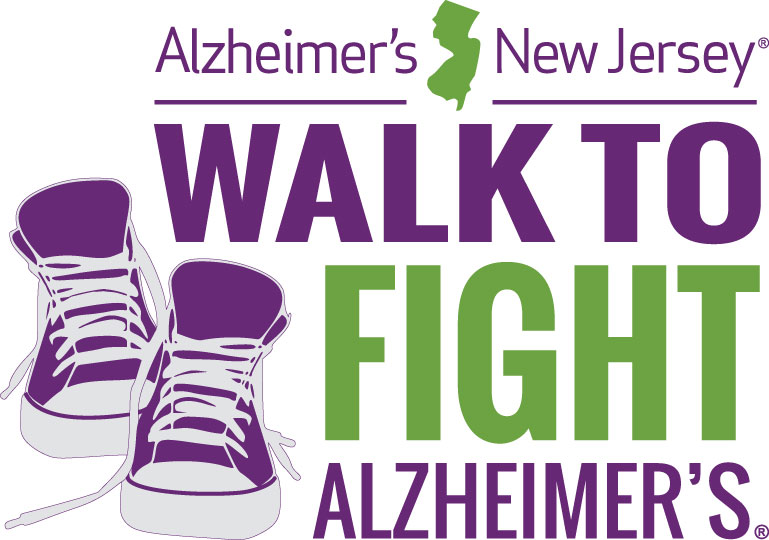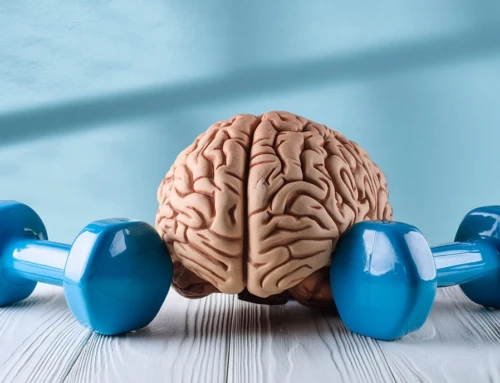In his 1996 novel, The Notebook, author Nicholas Sparks describes a scene in which the main characters, Noah and Allie, learn that Allie has Alzheimer’s disease. “Alzheimer’s… It is a barren disease, as empty and lifeless as a desert. It is a thief of hearts and souls and memories.”
An Alzheimer’s disease diagnosis is life changing and it’s perfectly natural to feel overwhelmed by many feelings of loss as the disease slowly changes cognitive and physical abilities as well as emotional connections between family members. At the same time, it is vitally important to focus on ways to live well with Alzheimer’s disease.
In her book, Dementia Reimagined, Tia Powell, MD, director of the Center for Bioethics and Masters’ in Bioethics at Montefiore Health Systems and Albert Einstein College of Medicine, urges us to look at dementia in a different way. While cure is the ultimate goal in the fight against Alzheimer’s disease, until that day comes, Dr. Powell’s goal is to move conversations away from an exclusive focus on cure to a genuine appreciation for care and what care can do to help those with dementia preserve their dignity, balance independence and safety and keep life meaningful; helping those who are losing their memories find some joy.
One approach that is beneficial for persons who have been diagnosed and their caregivers is to remain active and socially engaged. Remaining active and involved has many benefits for the person with dementia. The right activities should be enjoyable and promote as much independence as possible while always keeping safety in mind. Activities can help to maintain abilities and cope with difficult feelings. In addition, social activities with others can help with isolation and promote a sense of community and belonging and can support closeness between persons living with Alzheimer’s disease and their loved ones. Most importantly, getting out and doing things is FUN!
Persons with Alzheimer’s will likely need help in choosing and completing activities. They may have trouble deciding what to do each day, which could make them fearful and worried or quiet and withdrawn, or they may have trouble starting tasks. Remember, the person is not being lazy. Help might be needed to organize the day or do an activity.
Here are a few questions to help guide caregivers in the choice of the “right” activities for the person with dementia. When answering these questions, it is important to consider who the person was before dementia and then gear activities with a focus on what the person can do now as opposed to focusing on abilities that have been lost. Also, keep in mind that the person’s interests and personality may change with disease progression.
- What was a typical day in the person’s life as an adult?
- What kind of jobs did the person have?
- What did the person like to do in his/her spare time?
- What household chores did the person usually do.
- What types of music does the person like – favorites?
Sample Activities to Try
- Household chores: Wash dishes, set the table, prepare food, sweep the floor, dust, sort mail and clip coupons, sort socks and fold laundry, sort recycling materials or other things.
- Cooking and baking: Decide what is needed to prepare the dish; measure, mix, and pour; tell someone else how to prepare a recipe; watch others prepare food.
- Exercise: Take a walk together, use a stationary bike, use stretching bands, throw a soft ball or balloon back and forth.
- Music and dancing: Play music, talk about the music and the singer, ask what the person with Alzheimer’s was doing when the song was popular, sing or dance to well-known songs, attend a concert or musical program.
- Gardening: Take care of indoor or outdoor plants, plant flowers and vegetables, water the plants when needed, talk about how much the plants are growing.
It’s important to remember that everyone is different, so activities don’t need to be perfect to be successful. Breaking activities into small steps over time may work best. It’s perfectly fine to adjust expectations and modify as you go. Engagement in the “right” meaningful activities can enhance quality of life and reduce agitation, anxiety, boredom, depression, and anger.
To learn more call our Helpline at 888 280-6055.





